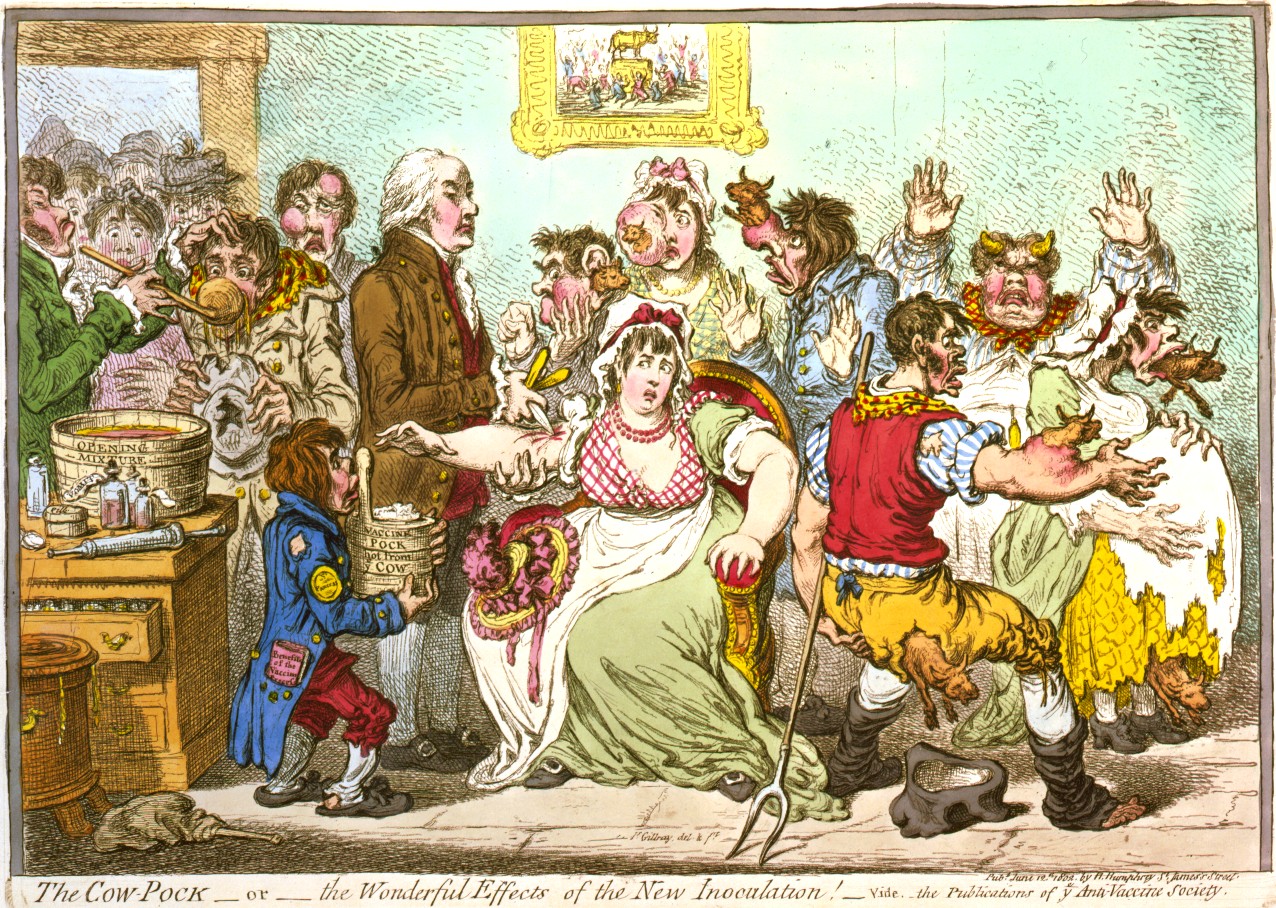 2016
2016
Vaccination syringe.
On July 1, 2016, California’s new school vaccination law, SB 277, went into effect. The law, which was signed July 2015, requires that parents vaccinate their children or else forfeit the right to an education, regardless of personal beliefs. Some parents are seeking out medical exemptions from the law, while others are homeschooling their children or leaving the state. The San Jose Mercury-News reports:
Families can seek a medical exemption from their child’s physician, based on general medical criteria already spelled out in state vaccine law, such as prior adverse reactions and immunodeficiency.
The East Bay mom—who would only give her name as Natasha out of fear her position on vaccines would alienate her bookkeeping customers—said she hopes her sister’s diagnosis of Chronic Fatigue Syndrome is enough to convince a doctor that there’s a family history of autoimmune disease that would exempt her child. But she also worries that the doctor might be exposed for exaggerating that link and the exemption would be canceled. In addition, she said, “it’s very expensive.”
The 29-year-old single mother noted that she would have to pay out of pocket since her own Kaiser pediatrician is unlikely to comply with her wishes. “My son,” she admitted, “has no record of any ailment.”
With no exemption, Natasha said, she might have to move back in with her parents in order to home-school her son when he reaches kindergarten age. The law exempts home-schooled children and those enrolled in an independent study program that does not include classroom-based instruction.
 1898
1898
Nineteeth-century cartoon depicting vaccination anxieties, by James Gillray.
In 1853 a stringent law requiring compulsory smallpox vaccination at birth, regardless of parents’ wishes, went into effect in England. Smallpox vaccination posed far greater risks than modern vaccines, such as severe cowpox infection or encephalitis in patients with compromised immune systems, but the disease—now eradicated in the United States thanks to such widespread inoculation campaigns—kills about 30 percent of those infected and leaves many of the survivors with disfiguring scars or blindness. A working-class movement to resist the law sprung up, though it focused more on the threat to individual liberty than on the risks of the procedure itself. It wasn’t until 1903 that the anti-vaccination movement succeeded in creating an exemption for conscientious objectors to the law, but Thomas Bayley, MP for Chesterfield, had argued for such an exemption in the House of Commons in 1898:
The real question at issue between us in the country and here in this House is, whether we are to continue the old system, and, perhaps, almost the last, of the old and worn-out systems of imprisonment and fines for those who have a conscientious opinion, rightly or wrongly held, and held firmly by people who believe that they have control of their own bodies and of their children, and that they should not allow the State or anybody else to tell them what they should do with their bodies or with their children. It is a question of the freedom of parents, to do what they think right with their children—freedom of conscientious opinion, freedom from imprisonment and fine. Mr. Speaker, as this Bill does not carry out the recommendations of the Royal Commission, and does not do away with imprisonment for conscientious belief in this country, at the end of the Nineteenth century, I beg to move the Amendment which stands in my name.